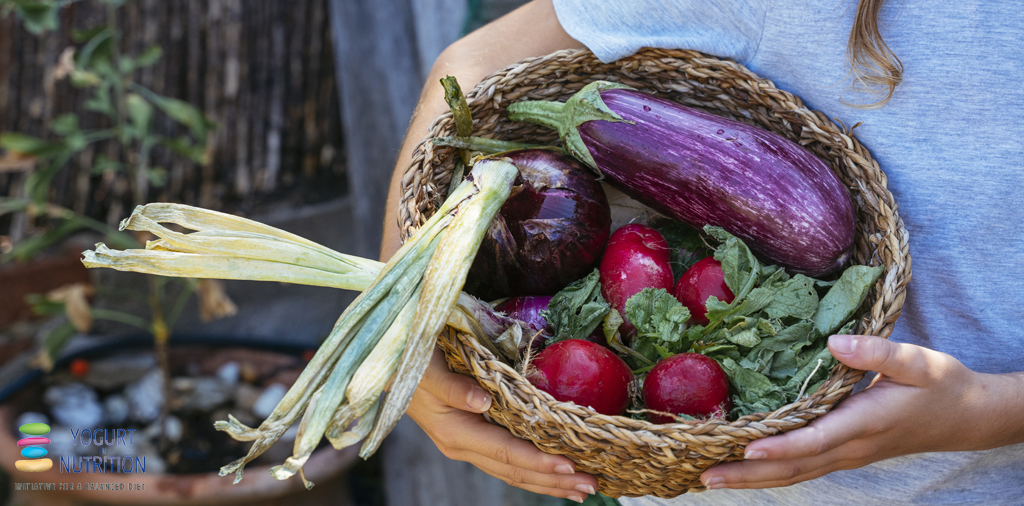It may be all the rage to switch to plant-based foods, but research reveals that ceasing animal farming may not be the best way forward. Instead, preserving our planet for our future generations is more likely to come about by finding the best balance between plant-based and animal-source food production, according to the author of this article.
In a report of the first International Dairy Federation conference held last year, the author points out that finding solutions to our food sustainability crisis is not as simple as it may seem at first glance.
While producing animal-source foods seems to have a higher impact on the environment than plant-based foods, cutting out animal products such as dairy foods would have far-reaching spin-offs – affecting our nutrition, greenhouse gas emissions, economy and society, says the author.
Ceasing livestock farming could harm our health
A picture of what the world would be like without animal agriculture has been painted by modelling studies; these predict a poor outcome from such an approach, both for the world’s environment and for our health.
One modelling study has looked at how food production would have to change if we were to eliminate animal farming in the USA. There the soil type is most suited to growing corn and grains; more than half of food production would have to come from these products if animal farming were to stop. The land and climate conditions mean that the USA couldn’t grow more fruits and vegetables. Overall, 23% more kilograms of food would need to be produced.
Although it’s possible to get all the nutrients we need from a plant-based food system, the researchers concluded that it would be an impossible task for the entire population to achieve. Eventually people would start to suffer deficiencies in several nutrients, particularly calcium, vitamins A and B12, and fatty acids derived from fish.
Switching food production would affect the climate
In our current food system, animal-source food production accounts for almost half of greenhouse gas emissions, says the author. However, switching to an entirely plant-based system may have a disappointingly small impact on emissions – only a 2.6% reduction in the USA, the research estimated.
That’s because we’d no longer have manure to put on the fields and so we’d need to use a lot more fertilisers – which require large amounts of energy to produce. Also, by-products of food production that are currently used to feed livestock would have to be thrown away.
It would become even more complicated if the whole world was to switch away from animal agriculture, says the author. The global food system wouldn’t be able to provide enough nutrients for everyone in our growing population. And the chances are that land that’s only fit for animal farming would no longer be used at all.
‘The researchers concluded that transitioning to a plant-based food system without animal husbandry would lead to a food supply lacking in sufficient nutrients and without a significant effect [….] on the climate.’ – Peters S, 2019.
Dairy products play a special role in our food system
For a food production system to be sustainable, the food must be healthy, with enough nutrients to meet our needs; production must have minimal impact on the environment; it must fit with people’s culture; and the new diet must be affordable for everyone.
We have a better chance of achieving a sustainable food system if we optimise our current system to meet these four objectives, rather than through a radical move to exclude animal-source foods, the author says. And a key player in a successful system would be dairy products, he says.
Dairy products provide essential nutrients, especially important for regions where many people are undernourished.
In countries where people tend to eat too much, evidence points to a potential role for dairy in reducing risk of non-communicable diseases such as type 2 diabetes.
Dairy products would be difficult to give up both culturally and economically, the author suggests. They’re an integral part of our everyday diet, with an estimated 120 million dairy farms globally and nearly 1 billion people depending on dairy for their livelihood.
‘From a cultural perspective […], it is hard to picture a world without dairy consumption and production.’ – Peters S, 2019.
So, what’s the way forward?
Research in France has shown that consumers can reduce greenhouse gas emissions by about 30% by eating more fruit and vegetables and less meat, and by cutting down on alcohol. Such a diet wouldn’t cost more and continuing to eat dairy products would help ensure people get enough nutrients for good health.
The author concludes that our future food production system must balance plant-based foods with animal-source food production such as dairy products. However, no one knows yet what this optimal balance is, and more work is needed to overcome the challenges in achieving the most sustainable system for a healthy future, both for ourselves and our planet.



